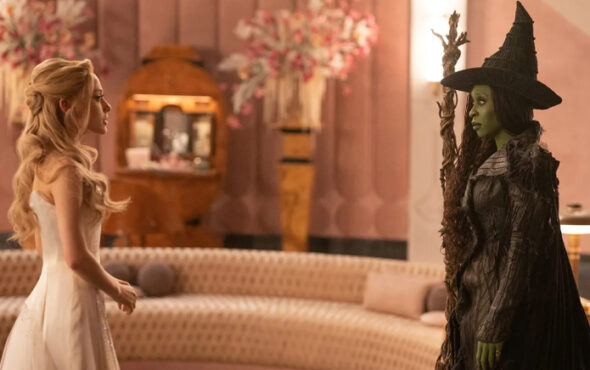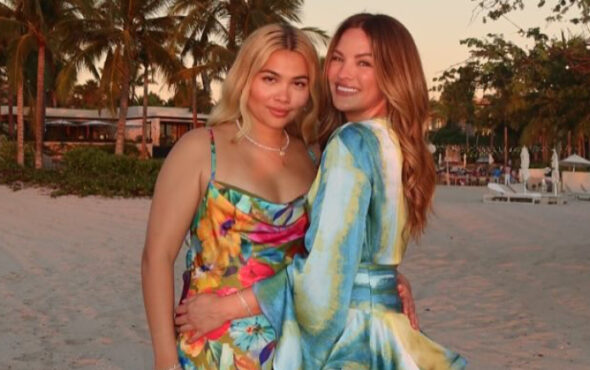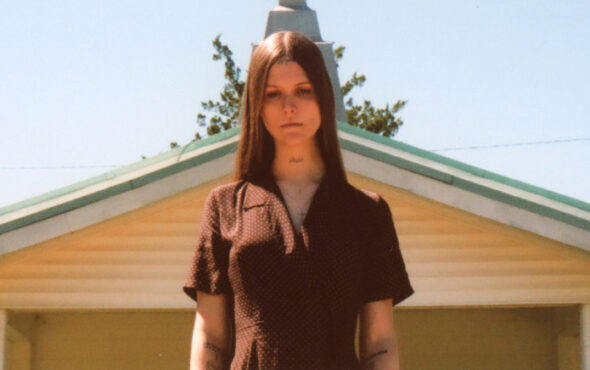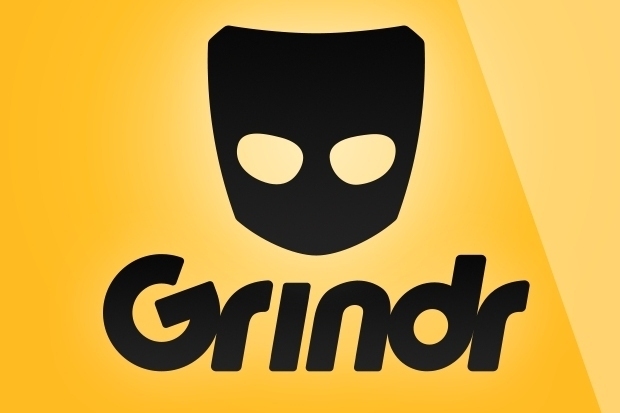
A new report has lifted the lid on the selling and buying of Class A drugs on gay dating app Grindr.
Many users of the platform have come forward to speak about the prevalent availability of illicit substances that are advertised by other users.
The article – published by NBC OUT – highlights how sellers on the platform use various code words and emojis in their headlines to describe what drugs they are selling, as well as some users doing to same to show that they are looking to buy.
For instance, the use of a capital T in headlines is used to indicate ‘Tina,’ which is the street name for meth.
What’s more, snowflake emojis are used as a substitute for writing cocaine, while a diamond emoji is a way to discreetly reference crystal meth.
“Today with Grindr, men can have sex and drugs delivered to their door instantly,” said Phil McCabe, a social worker and president of the National Association of LGBT Addiction Professionals.
“I think it’s gotten worse in the past couple of years,” he added, saying that he was messaged on the app by someone offering him “parTy favours”.
“Now I know he wasn’t bringing red Solo cups. He was selling drugs,” he said. “The apps are making it easier for people to find him.”
Elsewhere in the article, George – whose surname hasn’t been included for concern of his safety – claimed that there has been an increase in Grindr profiles mentioning buying, selling or using drugs over the past two years.
“Drugs were always sprinkled throughout the app, but now it’s nothing like before,” he said. “Of course drug sales are happening on other dating apps, but at a fraction.”
NBC OUT also spoke to a drug dealer in New York City who exclusively uses Grindr to sell drugs.
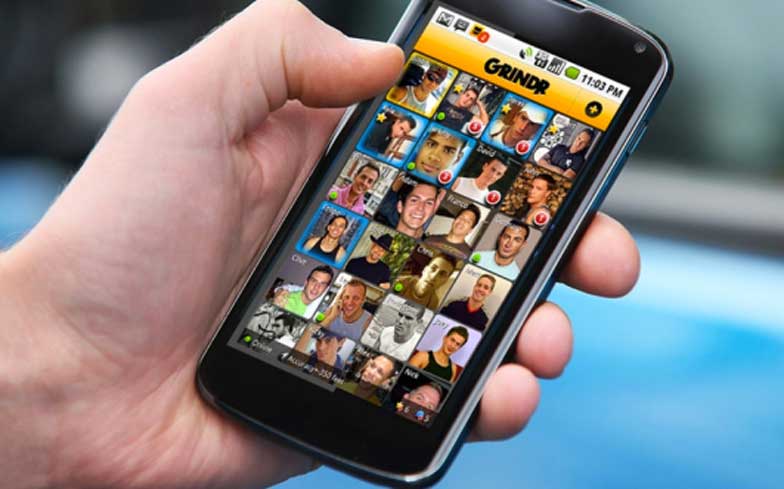
Related: Grindr hints at new ‘Kindr’ version of dating app to tackle discrimination
“On Grindr, there’s no such thing as censorship,” the dealer, named Mike, said. “I can post whatever I want.”
He added: “I had my profile flagged twice, but nothing ever happened. I just received a warning that my account would be deleted, which never happened.”
When asked about the continued buying and selling of illegal substances on their platform, Grindr said: “Grindr prohibits the promotion of drug use in its user profiles and is committed to creating a safe environment through digital and human screening tools to help its users connect and thrive.
“Grindr encourages users to report suspicious and threatening activities. While we are constantly improving upon this process, it is important to remember that Grindr is an open platform.”
NBC OUT requested for comment on specific action Grindr has taken to curb the buying and selling of drugs on its app, but the spokesperson did not respond.
Under law in the United States, Grindr isn’t required to do anything when it comes to moderating drug-related content on its app.
“Dating apps have no liability for any content that is posted on their platform by a third party,” said Kai Falkenberg, a law professor at Columbia University.
“Any moderation that these sites are currently doing, they are doing it for the benefit of their business model but not out of any legal obligation.”
Phil McCabe added that although Grindr cracking down on the buying and selling of drugs on their platform won’t solve the issue of substance abuse within the LGBTQ community, it could have a negative effect on the more vulnerable users of the app.
“Grindr could be a trigger for someone struggling with sobriety, especially in the early stages of recovery,” he explained.
“If that’s the case, they need to remove those apps from their phone and make a commitment that they won’t go on Grindr.”
Related: Grindr confirms it will stop sharing users’ HIV statuses with third party companies

